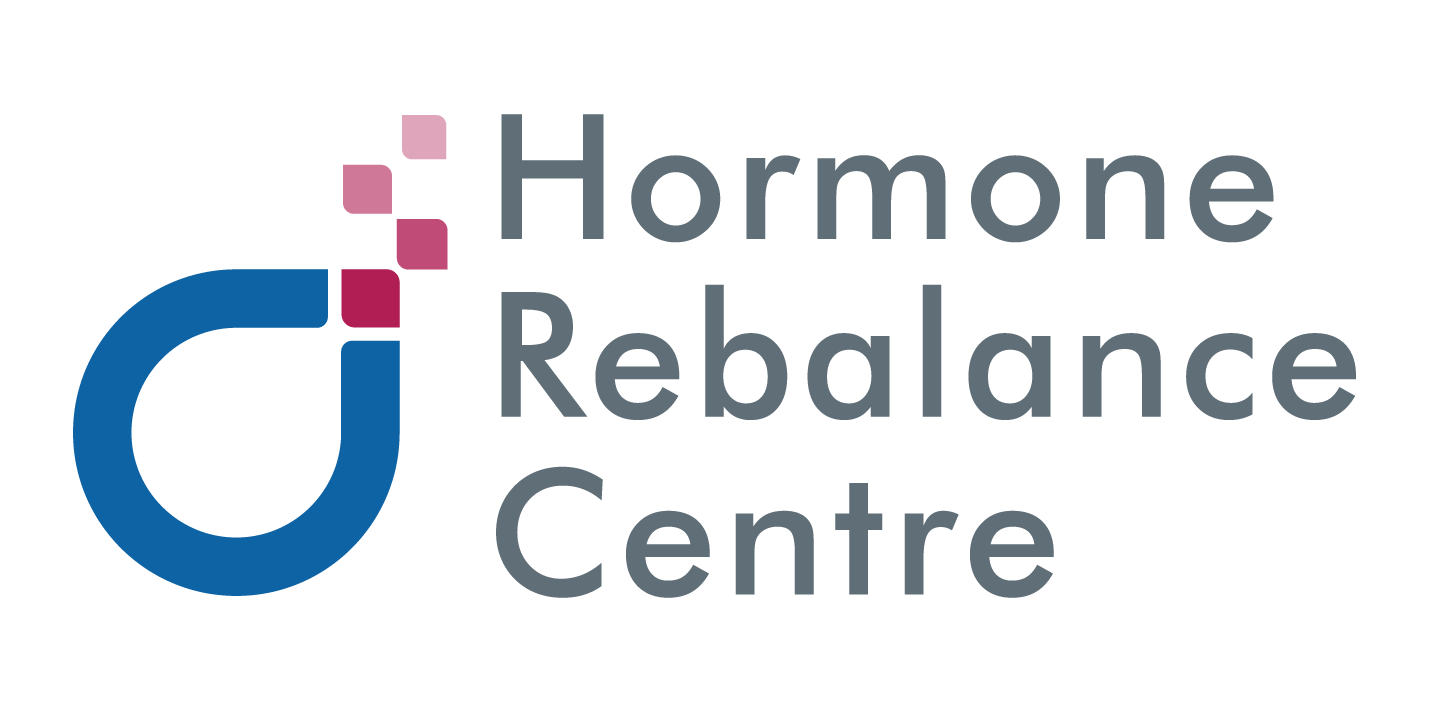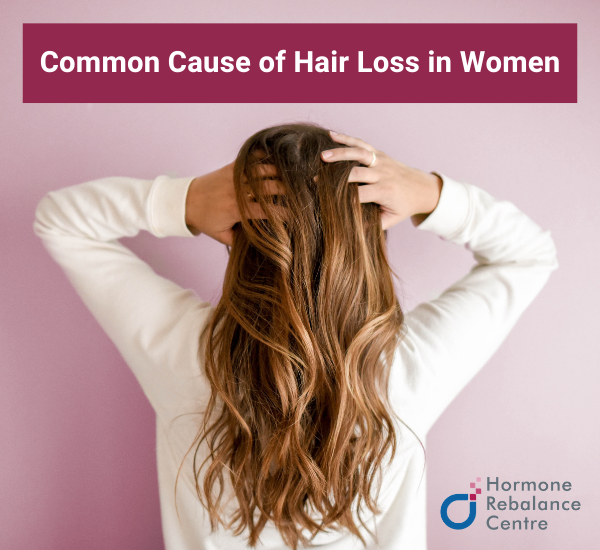Some women may experience hair fall postpartum, which is normal and oftentimes is to be expected, but what about when birth is nowhere in sight? Hair fall during perimenopause, or ages 40-65 has several causes, most of which are related to changes in hormones!
Clinically, hair fall can include loss of hair, thinning of hair and lack of hair growth. When a patient presents to the Hormone Rebalance Centre with hair loss, we often test for major nutritional deficiencies, hormone imbalances and look at lifestyle factors like stress and eating patterns.
Testing hormone and nutrient levels is an important piece of the picture for your doctor. Knowing the cause of your hair fall can allow your doctor to choose the right treatments and make the right adjustments to medications or supplements. Addressing your specific causes of hair fall can lead to regrowth, thickening and overall improvement of hair health.
Four of the most common causes we see include:
1. Elevated cortisol due to stress
High levels of stress (much like what many of us have been experiencing during the COVID-19 pandemic) can cause hair to move into the resting phase of its lifecycle. This means no growth and in some cases, hair fall. Stress related hair fall often occurs in patches rather than all over the head. Testing cortisol levels and working with our doctors to reduce stress levels and cortisol levels can shift hair follicles from resting into the growth phase.
Cortisol is our stress hormone and is the main cause of many of the changes we see when we are stressed including weight gain, hair loss and many other common symptoms of too much stress. You can read more about cortisol and how it changes in perimenopause here.
A normal level of cortisol should peak in the morning and fall throughout the day but when we are experiencing stressful work or home environments, cortisol can stay high throughout the day and leave us feeling burnt out, cranky and even be the cause of hair fall.
2. Poor thyroid health
Hypothyroid (low thyroid function) leads to overall thinning of hair (unlike excess androgen related loss which tends to be focused around temples and top of head – see more below). When thyroid hormones T3 and T4 are impaired due to lack of thyroid functioning, the body can’t grow hair from the root, causing hair to fall and inhibiting new strand growth. Blood testing can determine levels of thyroid hormones and if needed, your doctor can prescribe hormones to increase your thyroid functioning.
3. Excess androgens
Excess androgens or “male hormones” is often associated with conditions like PCOS, but you don’t have to have PCOS to have excess androgens. All women produce small amounts of androgens that have various functions throughout the body, but when levels get too high symptoms can begin to occur. One of these symptoms includes male pattern baldness which is hair loss specific to the temples and top of head. This hair fall is often accompanied by hair growth on areas of the body that are uncommon for women, such as the chin, stomach or back.
One of these androgens called DHT- 5-alpha reductase is a metabolite (breakdown product) of testosterone, but happens to be much stronger than testosterone. If levels of this hormone are increased, you are more likely to experience hair fall related to excess androgens. Testing for DHT- 5-alpha reductase can allow the doctors at Hormone Rebalance Centre to address this cause of hair fall directly through our Hormone Rebalance Program. Testing for hormones and nutrient levels is generally quick and painless and can include both blood and DUTCH urine testing.
4. Poor diet and nutrient deficiency
It’s no secret that working from home and social distancing can lead to changes in our diet and eating habits. Maybe you find yourself snacking more or choosing processed foods that can last longer in the cupboard. Or perhaps you are emotional eating to keep anxiety around COVID-19 at bay. Whatever the reason, hair fall due to a poor diet is a common experience for many women in 2020. There are a few specific causes of hair fall due to diet that include:
Lack of absorption due to food sensitivities.
Food sensitivities can be easily diagnosed if you have major symptoms associated with them, such as diarrhea, gas and bloating with lactose intake. But did you know that food sensitivities can also cause symptoms that we cant see or feel? Some sensitivities cause inflammation in the intestines which lead to leaky gut and a decrease in the absorption of nutrients. So, regardless of how clean and colorful your diet is, without FST testing, you may have no idea that your favorite food is contributing to your hair fall.
Specific nutrients to consider with hair fall:
- Protein. A diet low in protein may be a potential cause for hair fall which can often be remedied by an increase in consumption of complete protein sources.
- Collagen contains many amino acids that are known to function in hair and skin health. Adding collagen to your diet may help to strengthen hair and the skin from which hair grows.
- Iron. Low iron is a common cause of hair loss among women with a menstrual cycle and those who follow a plant-based diet. Iron is the building block of red blood cells and functions to carry oxygen in the body. When low iron occurs, there is a slowing of hair growth and eventual loss. Iron levels can be checked via a simple blood test.
If you are interested in functional or nutritional testing to discover the cause of your hair fall, please contact us at the Hormone Rebalance Centre. Our naturopathic doctors would love to hear from you and be a part of your journey to happy, healthy hormones!


I just want to say thank you for this great forum. I found a solution here on hormonerebalance.com for my issue.